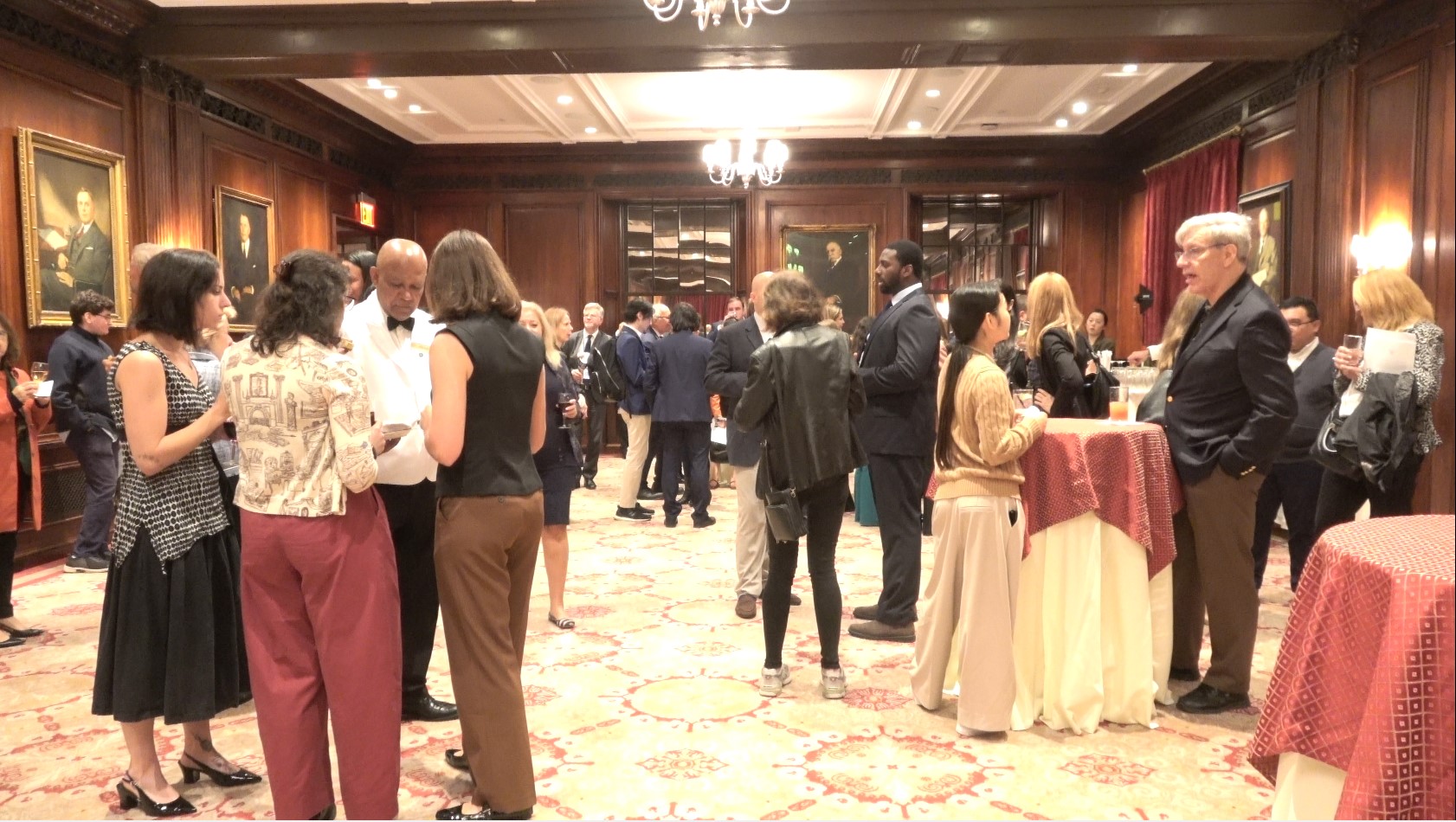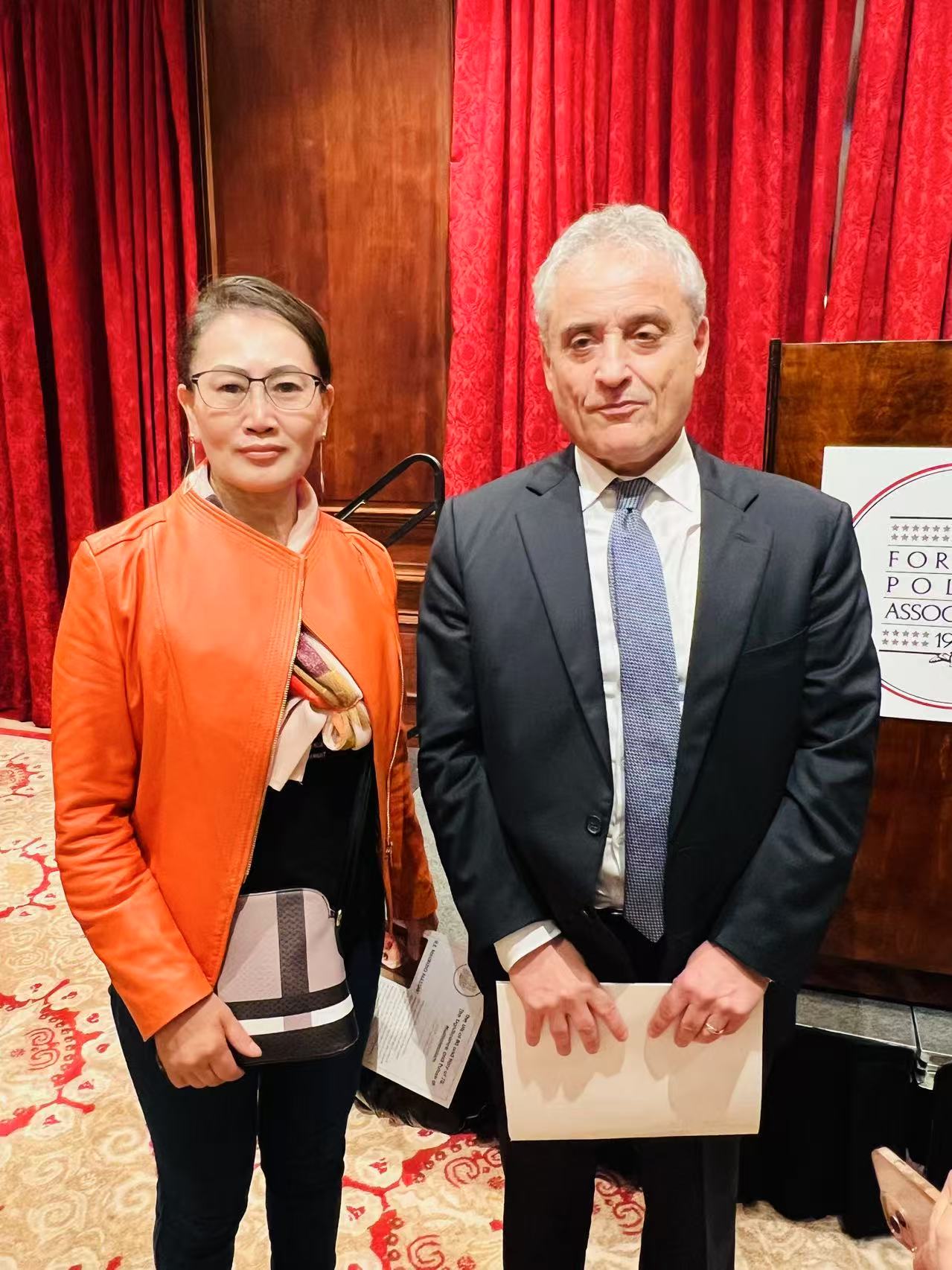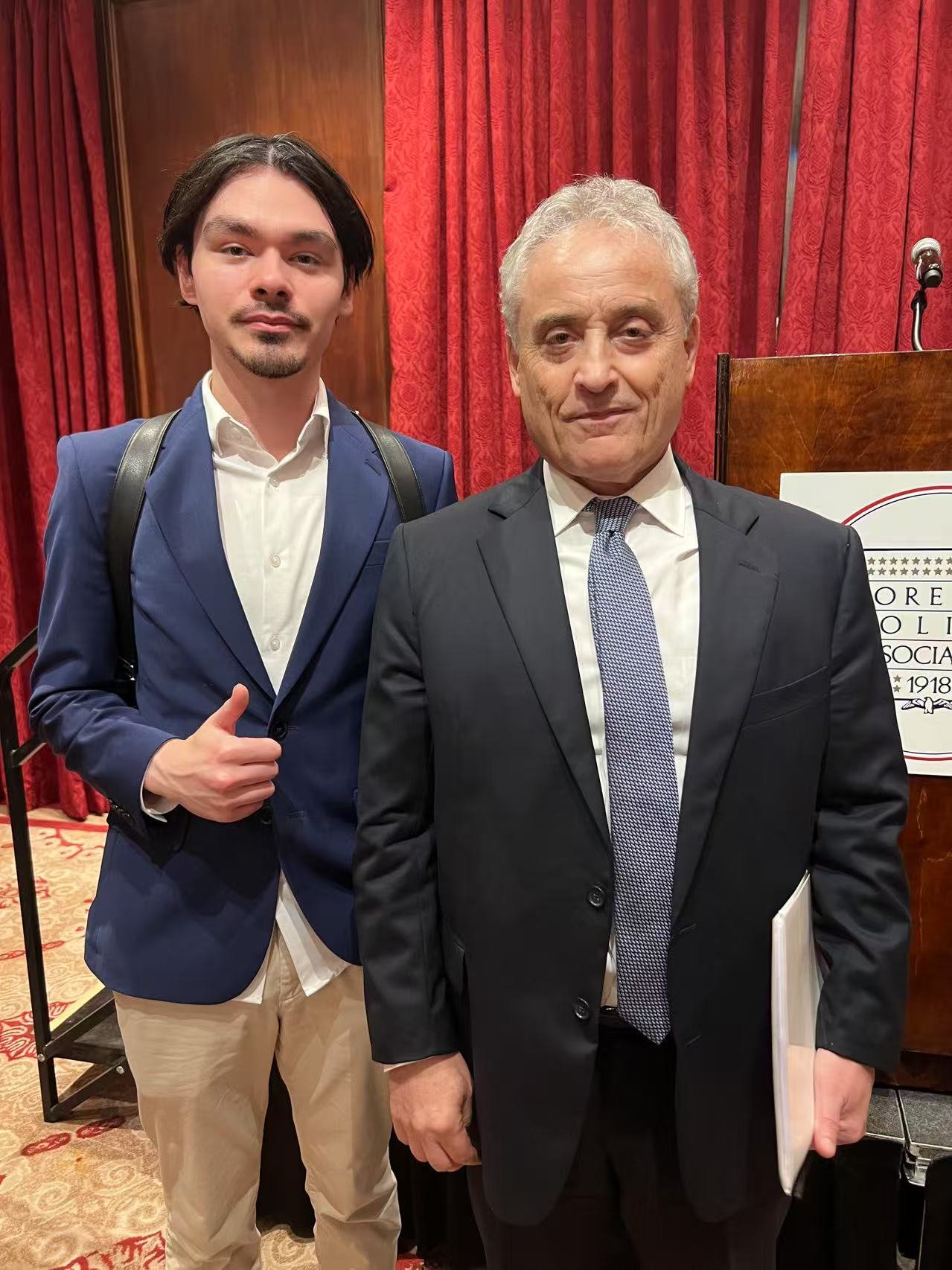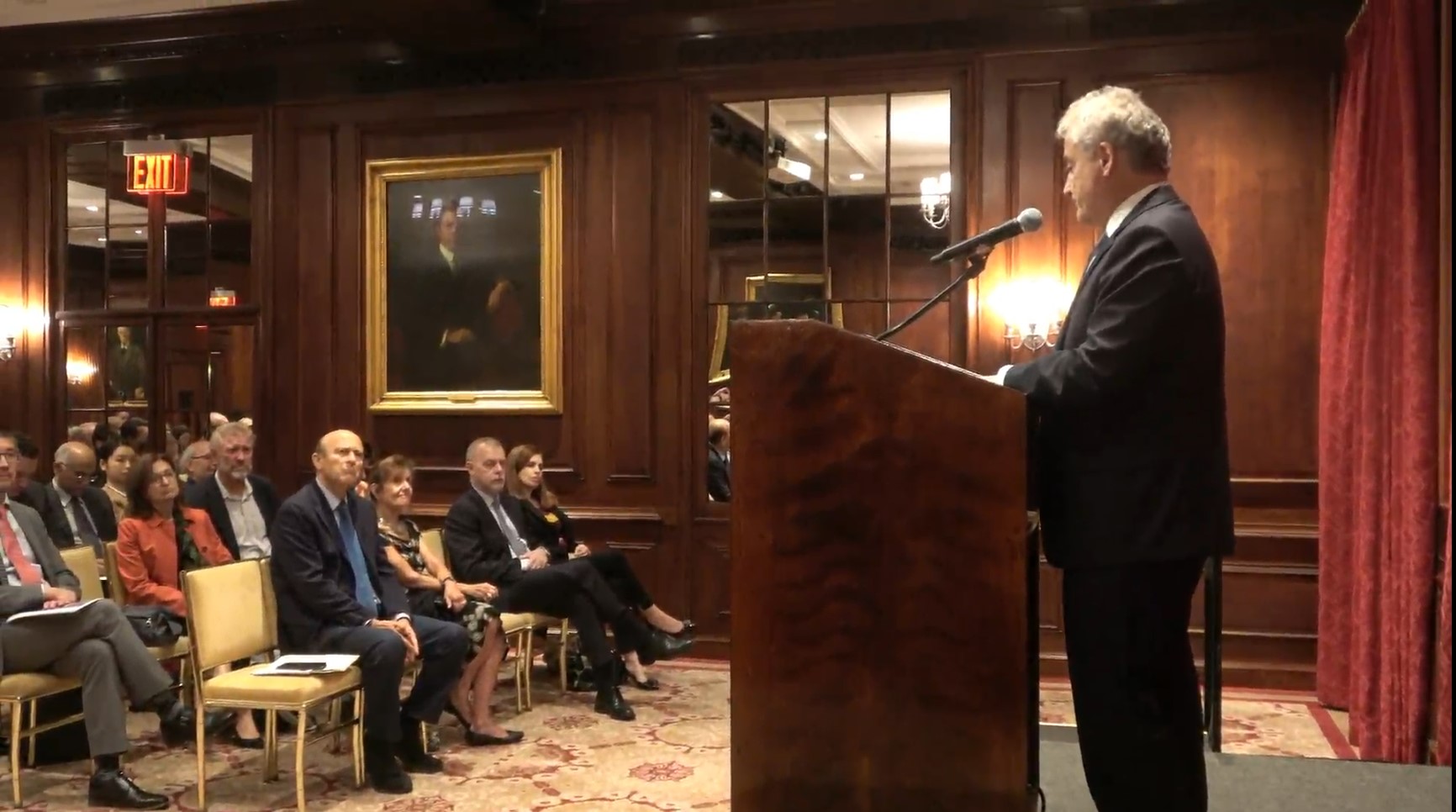
Celebrity Media Commentator: In 2025, the United Nations marks its 80th anniversary. At this critical moment, Ambassador Maurizio Massari, Italy's Permanent Representative to the UN, delivered a profoundly insightful speech at the Harvard Club in New York, themed on "The Meaning and Future of the UN and Multilateralism." His address was not only a conceptual exposition but also a strategic manifesto, responding to the international community's renewed reflection on the UN’s role.
This extraordinary event was organized by the renowned American Foreign Policy Association. Several attendees enthusiastically raised differing views on site, all of which the ambassador addressed with satisfactory responses.
Gloria, the nearly 100-year-old editor-in-chief of a social and diplomatic magazine, attended the event in a wheelchair. Celebrity Media CEO Chen Miao and his assistant also joined this inspiring and thought-provoking meeting.
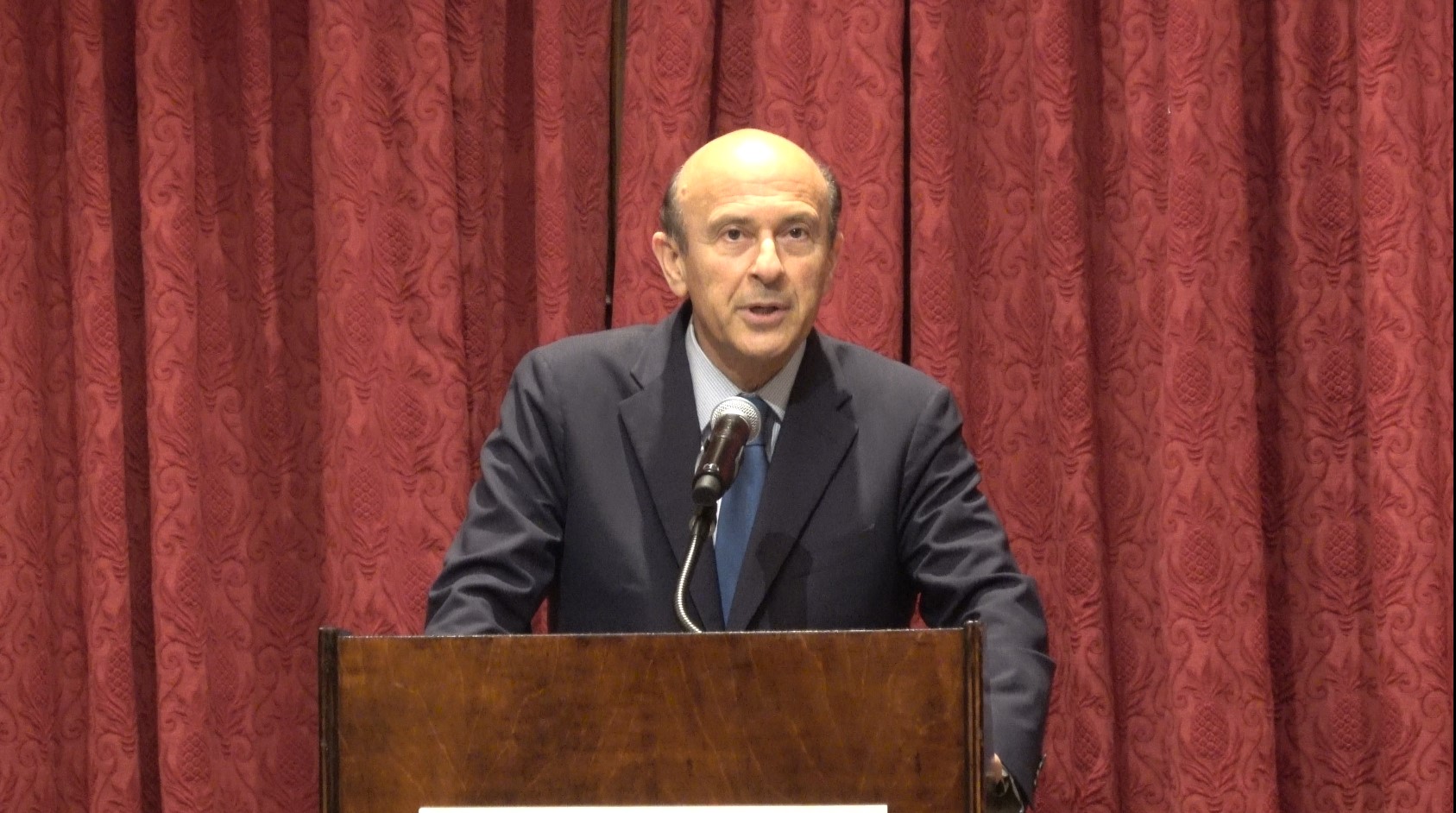
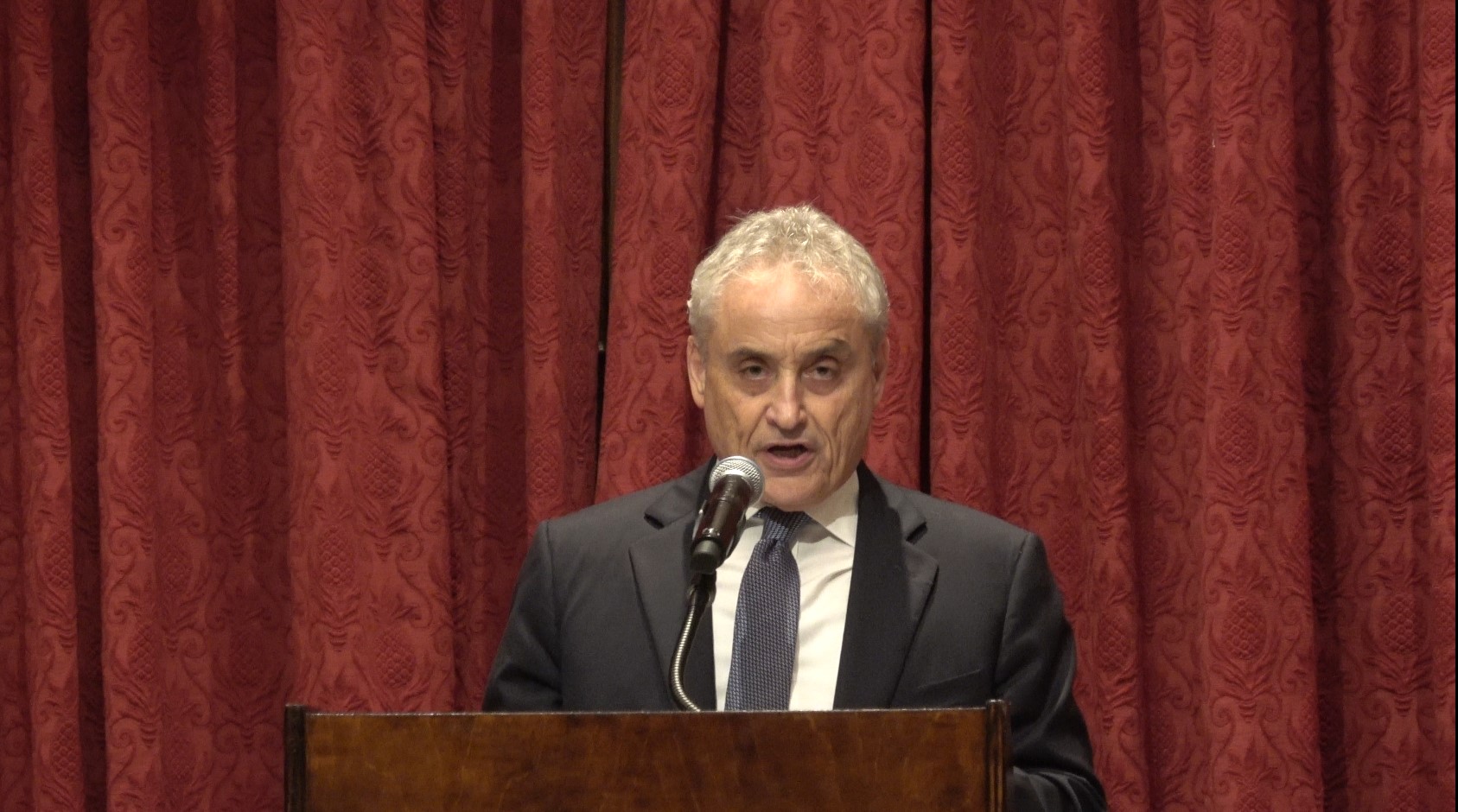
Choose horizontal or vertical to see different effects
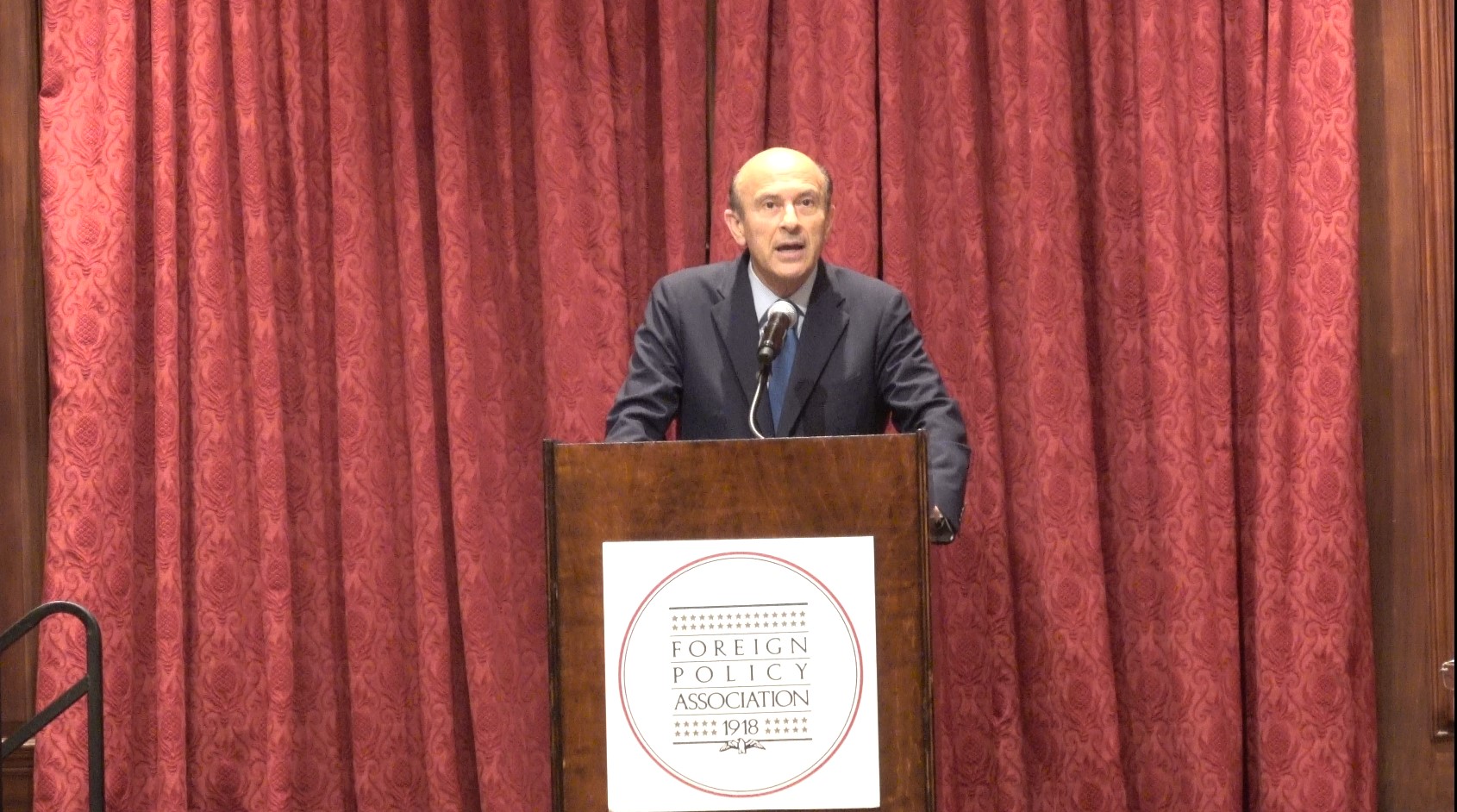
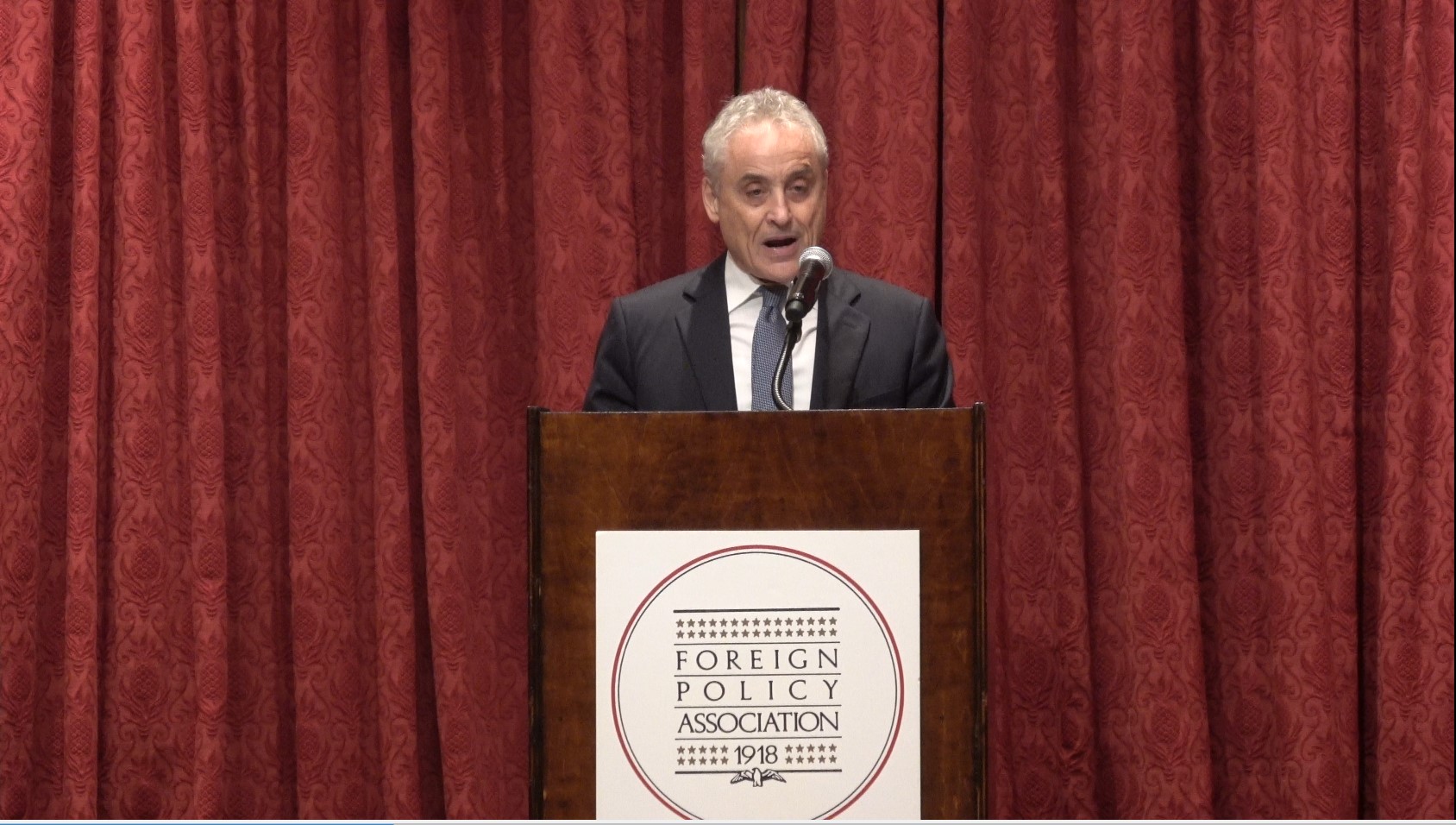
I. Why Does Multilateralism Still Matter?
In his speech Ambassador Massari emphasized: “The UN is imperfect, but irreplaceable.” This statement is thought-provoking. In the face of a new wave of geopolitical tensions, climate crises, governance of emerging technologies, and development disparities, the UN remains the only platform capable of bringing together most of the world's nations to jointly seek solutions.
He warned that if faith in multilateralism is eroded, the world will regress to the jungle rule of "might makes right." He therefore called on nations to “reclaim the value of multilateralism” and restore trust in collective action (see video at 48:02).
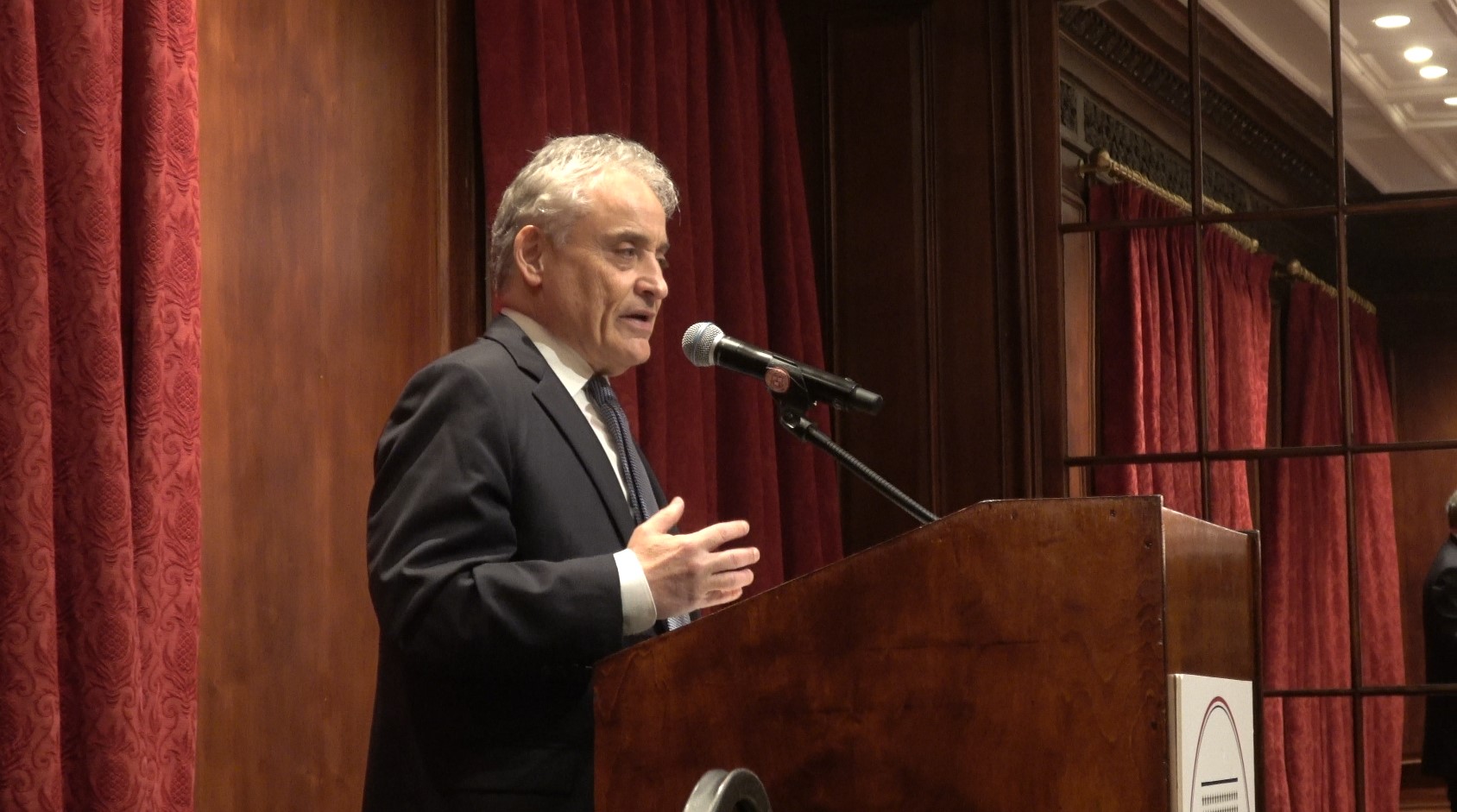
II. Italy's Practice of the Multilateral Path
Ambassador Massari’s views are not merely personal but also reflect Italy's national diplomatic strategy. In his speech, he mentioned that Italy has actively participated in reforming and building multilateral mechanisms in recent years:
- As Vice President of the UN Economic and Social Council (ECOSOC), he promoted issues of food security and sustainable development
- Supported the building of the “Friends of Food Security” group, advocating for food issues to be elevated to a strategic security topic
- Advocated expanding non-permanent seats in the Security Council to enhance regional representation, opposing more permanent seats to avoid new imbalances (at 52:15);
- Promoted transparency in the use of veto power, calling on major powers to exercise their veto “responsibly”
Italy’s approach demonstrates a path of “moderate realism”: not overturning the existing order but focusing on mechanism optimization to inject sustainable reform into the UN.
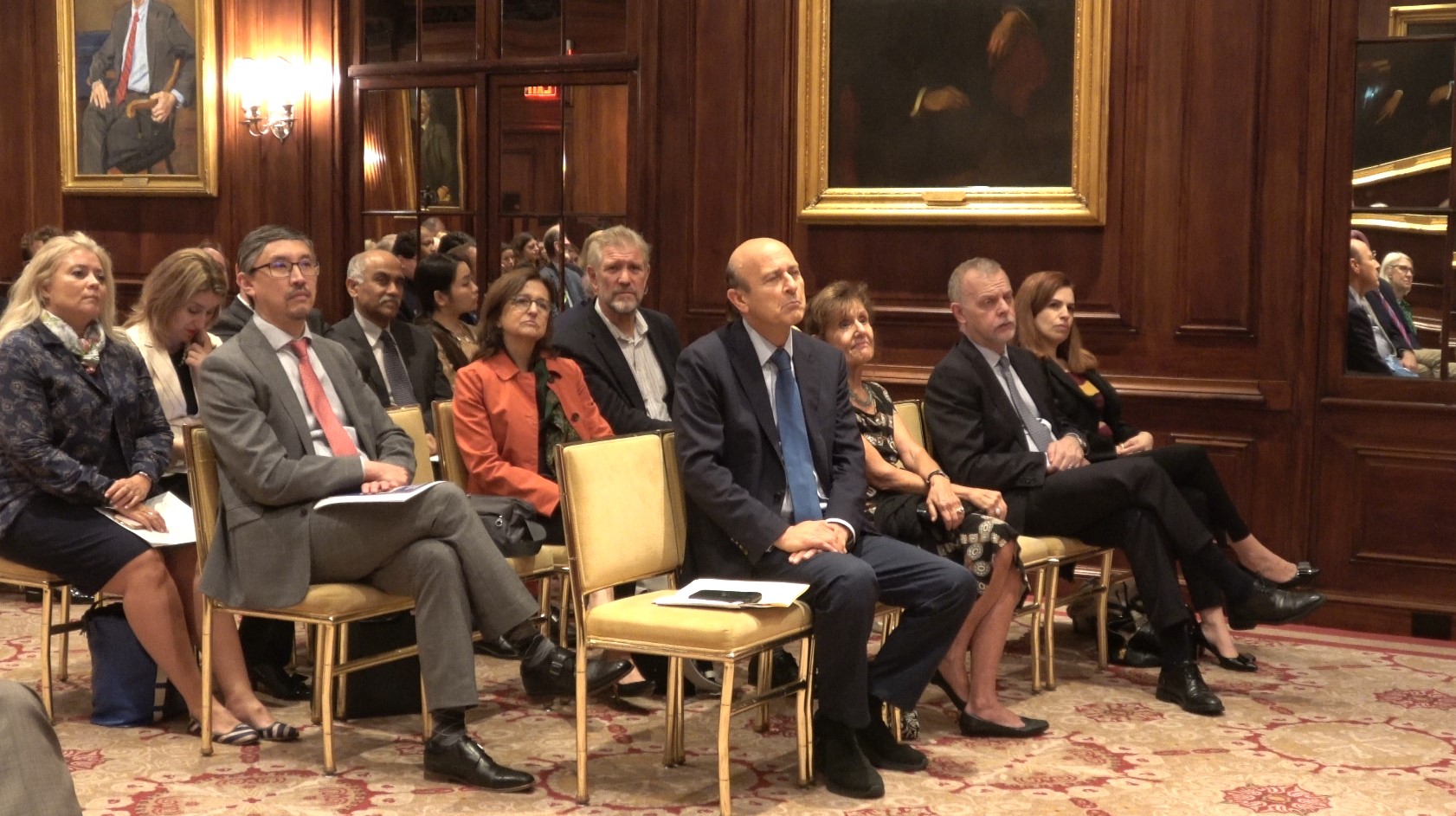
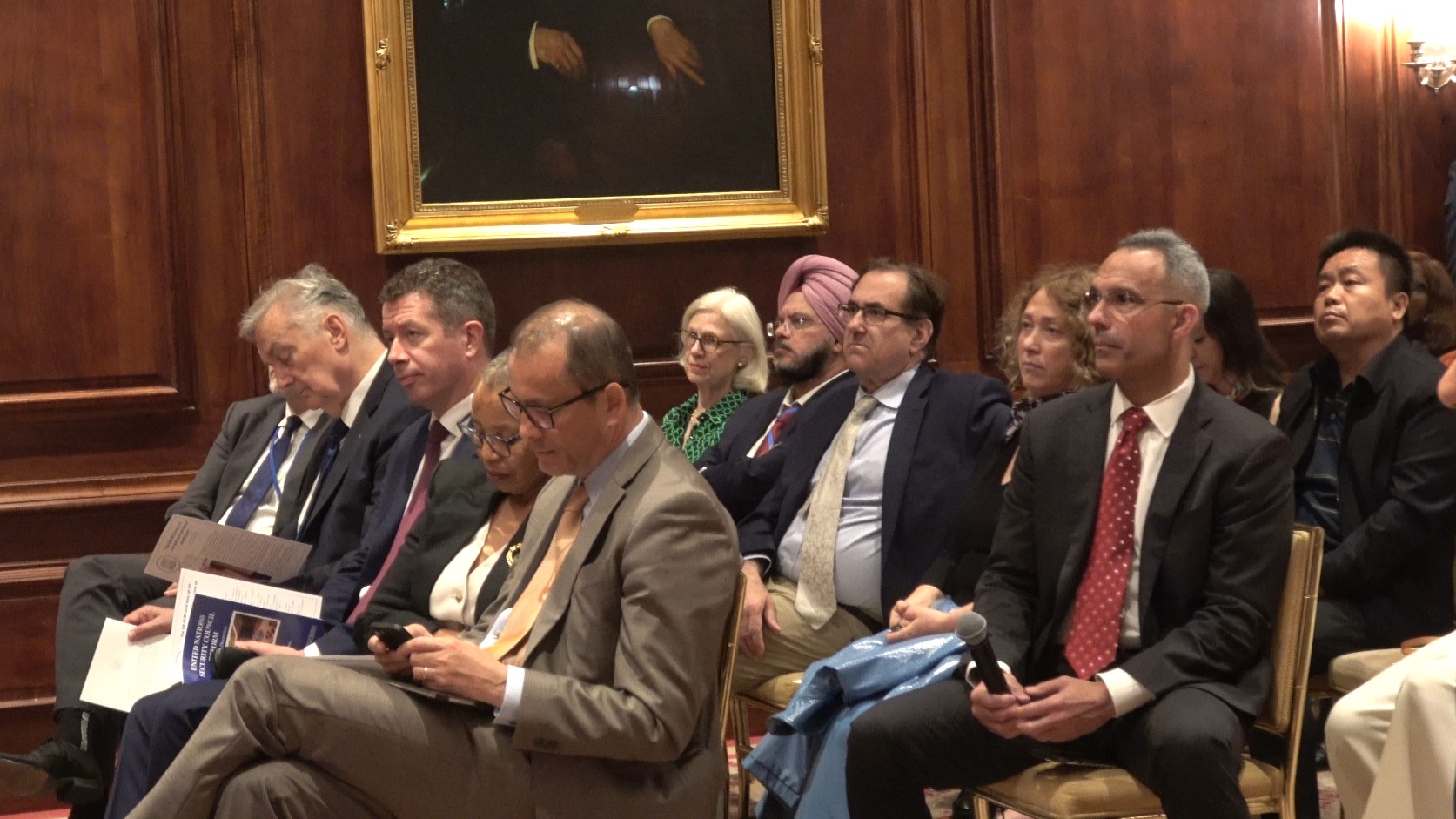
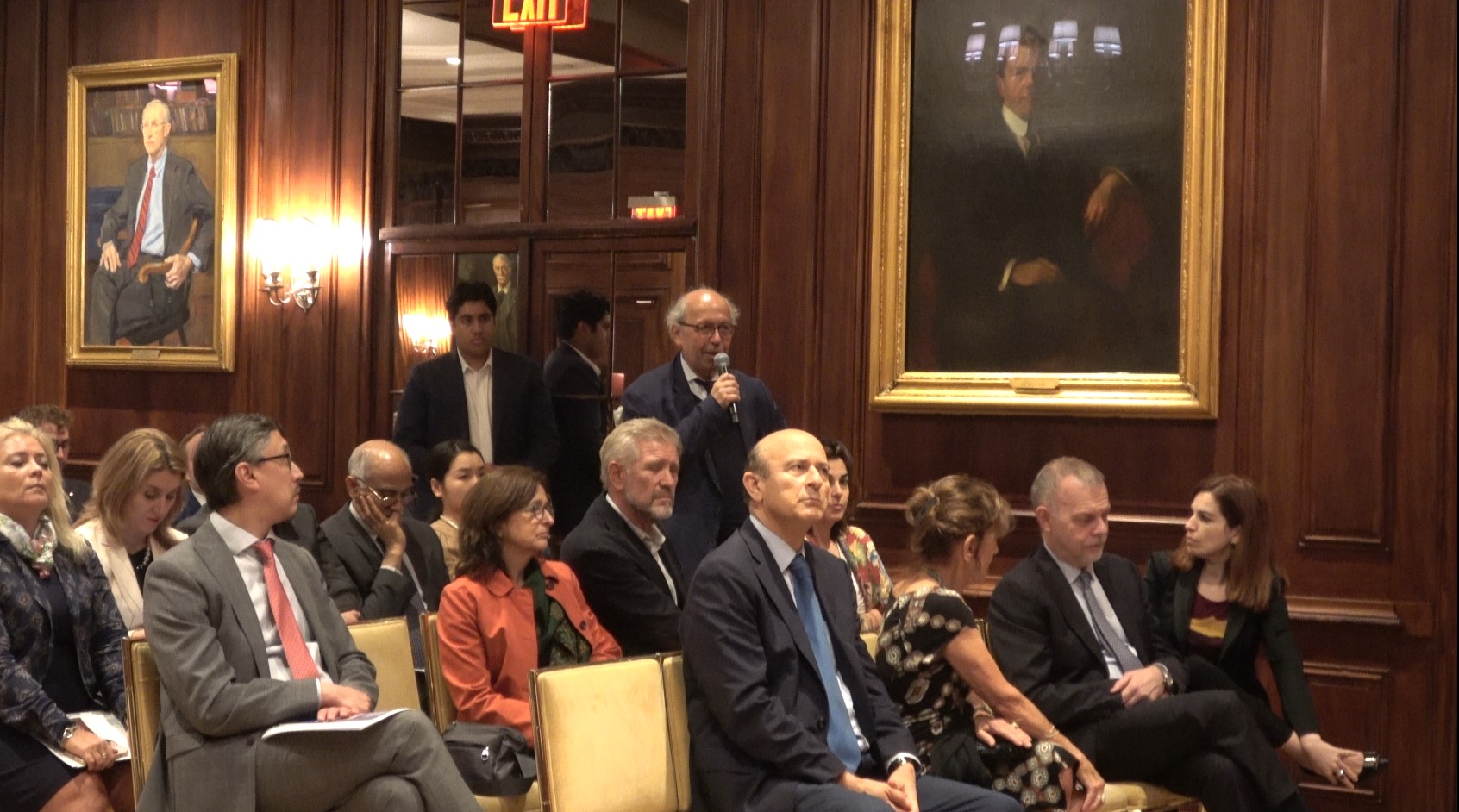
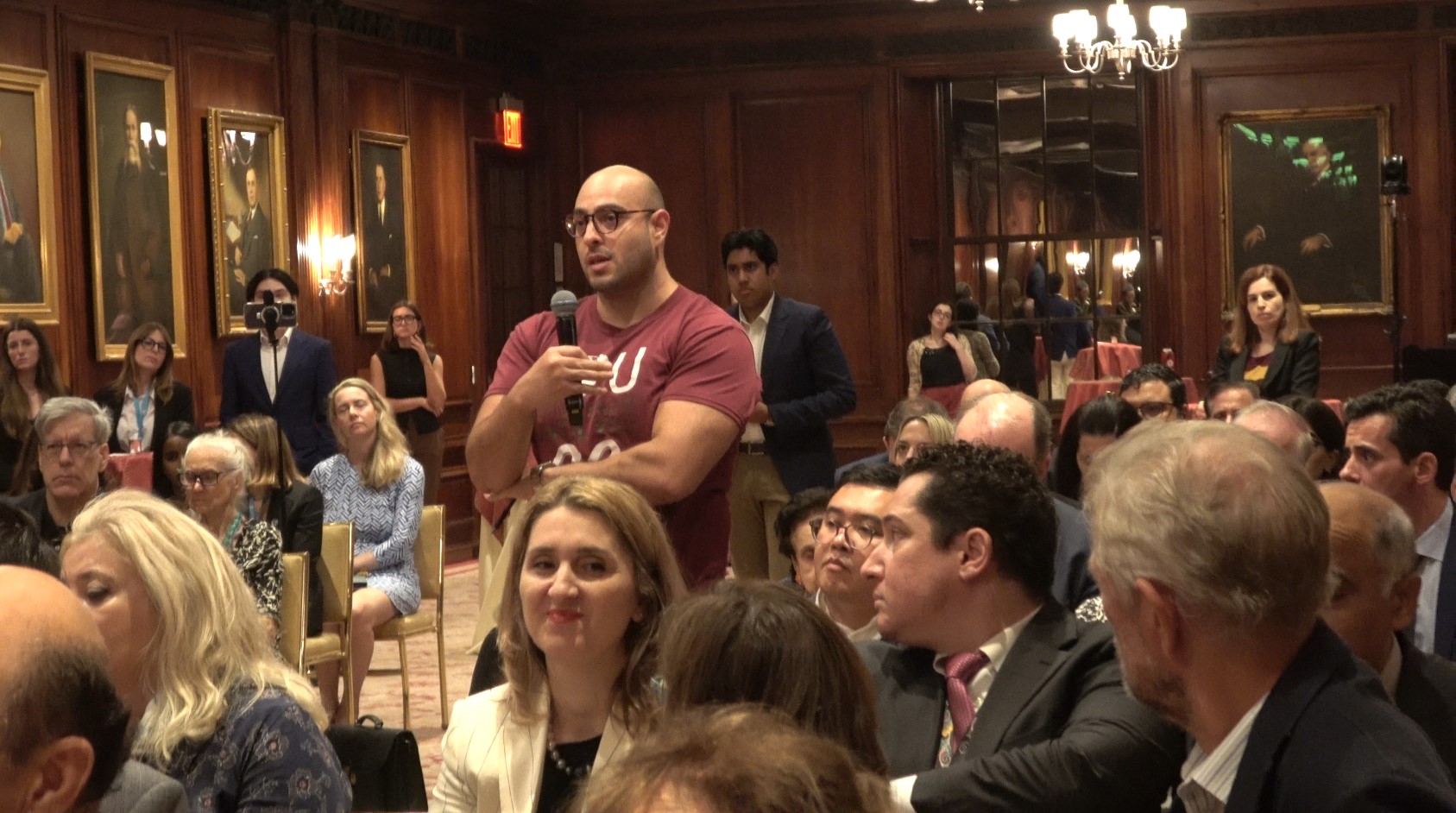
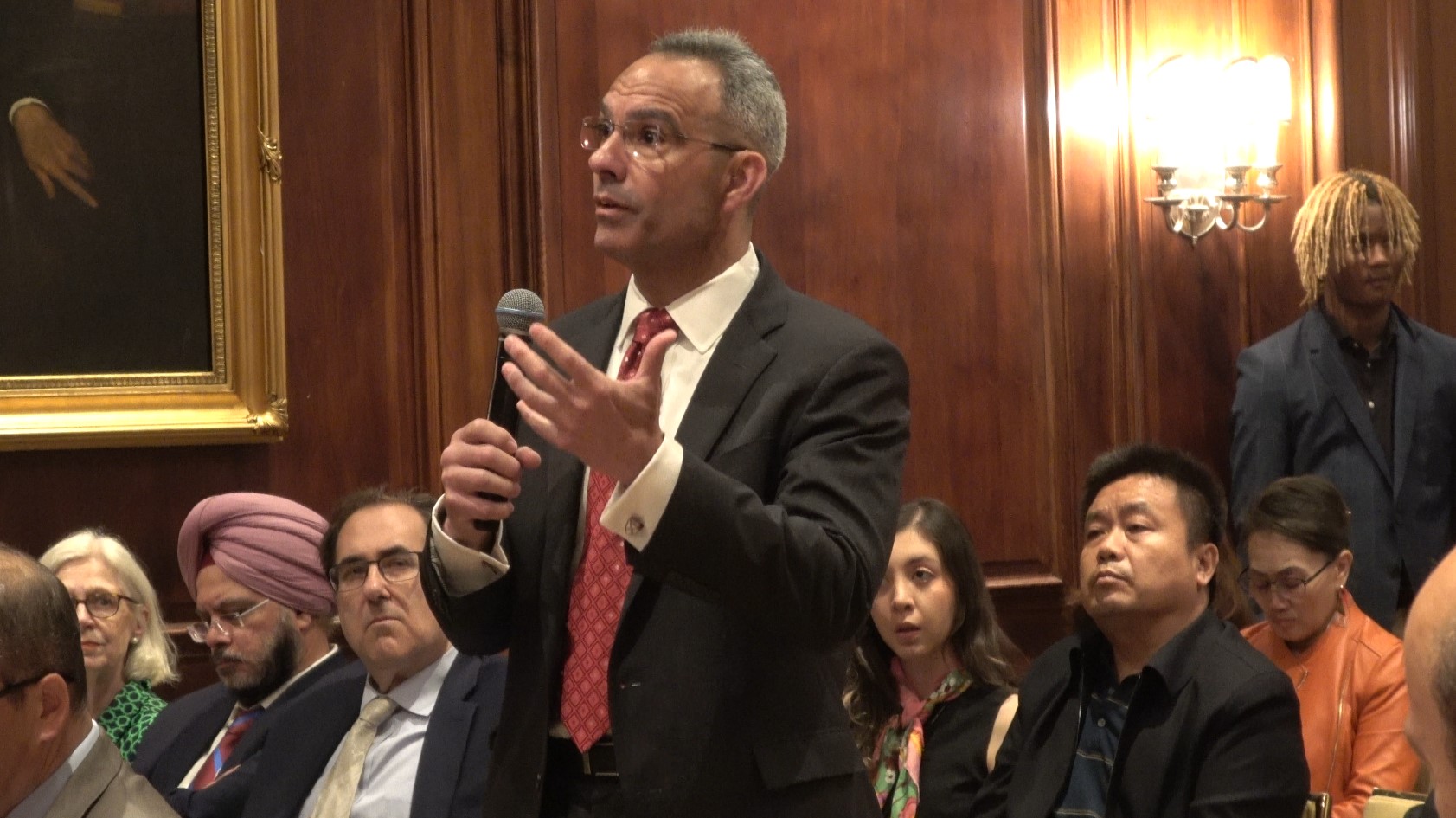
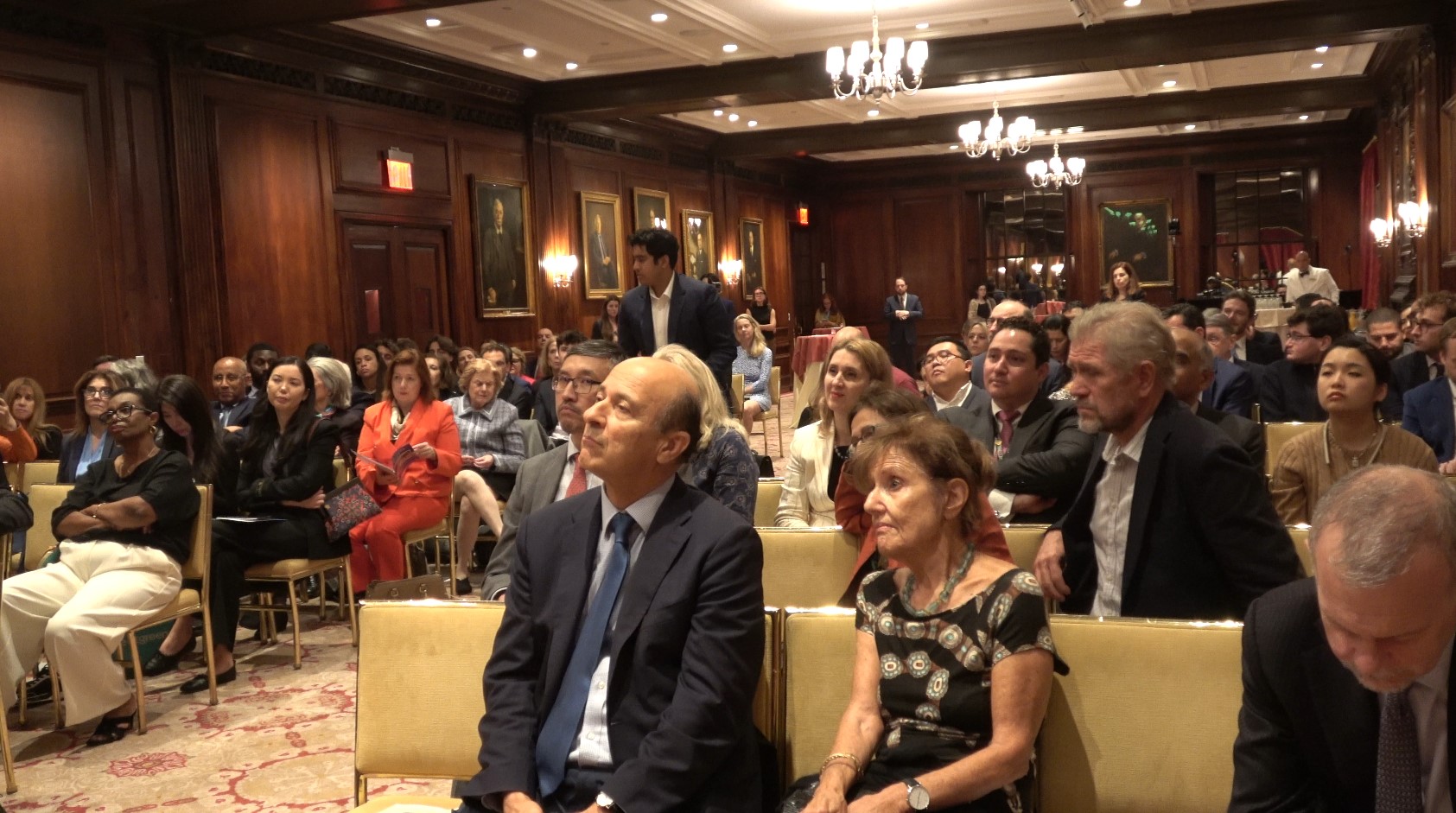
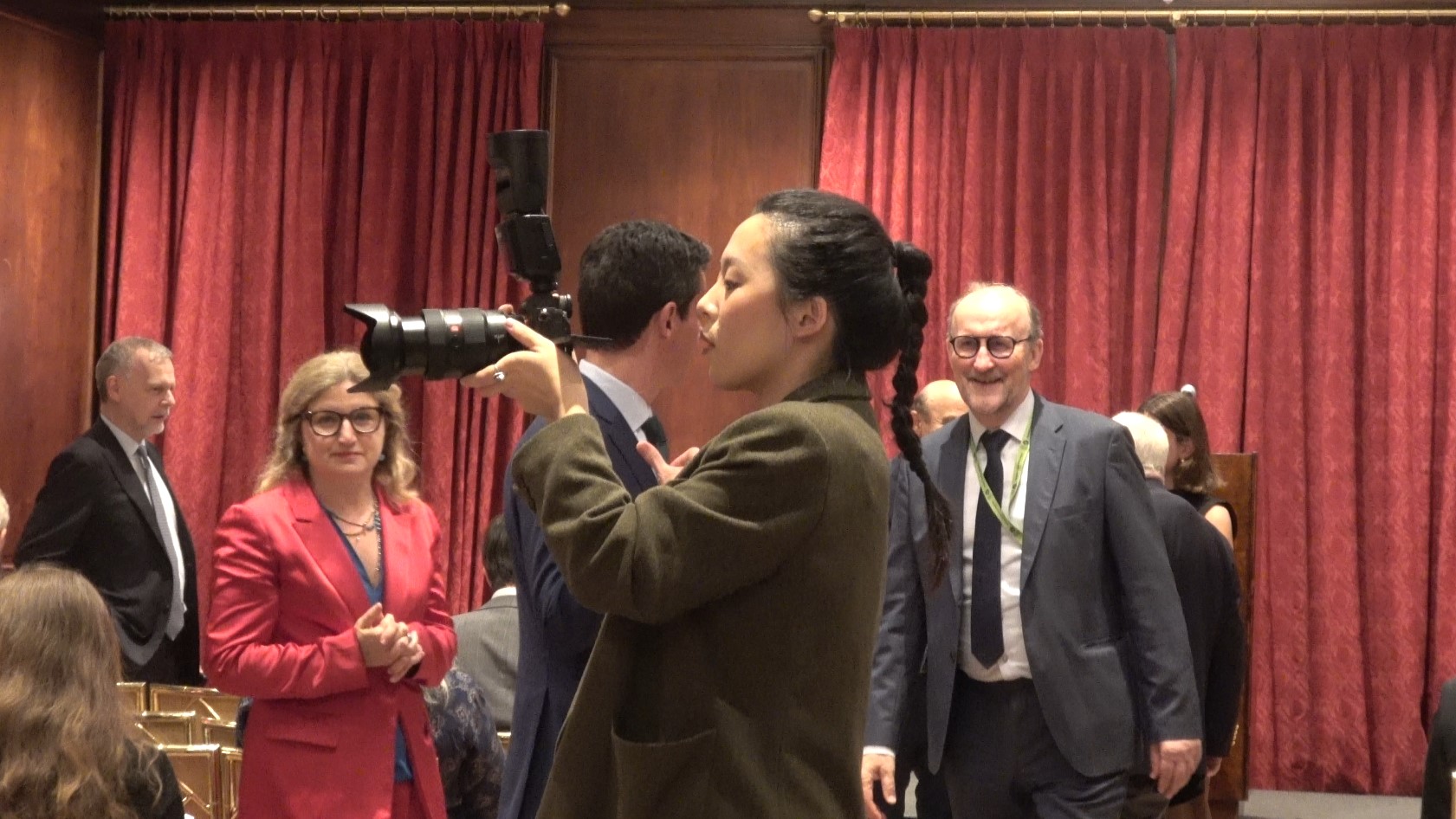
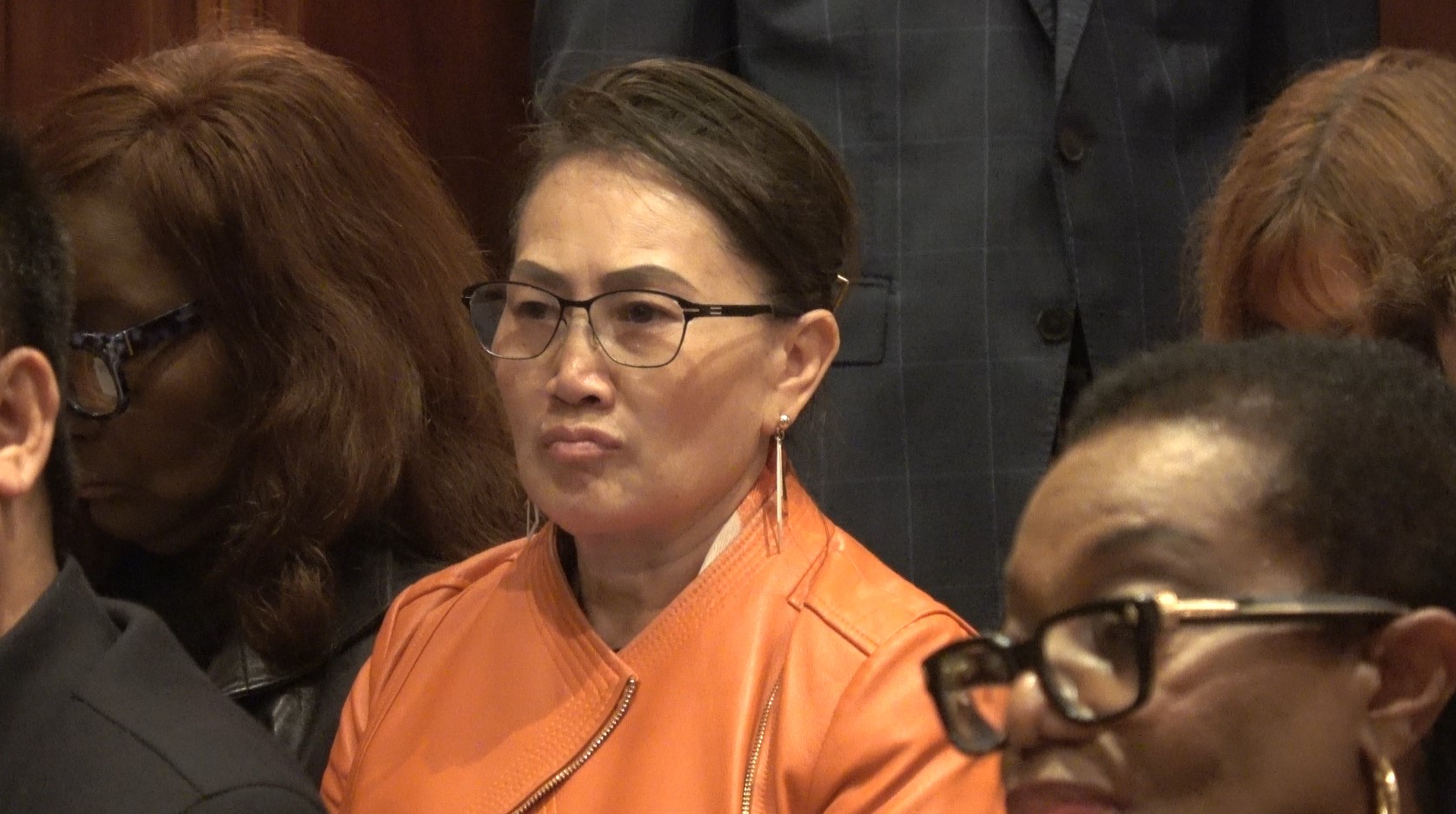
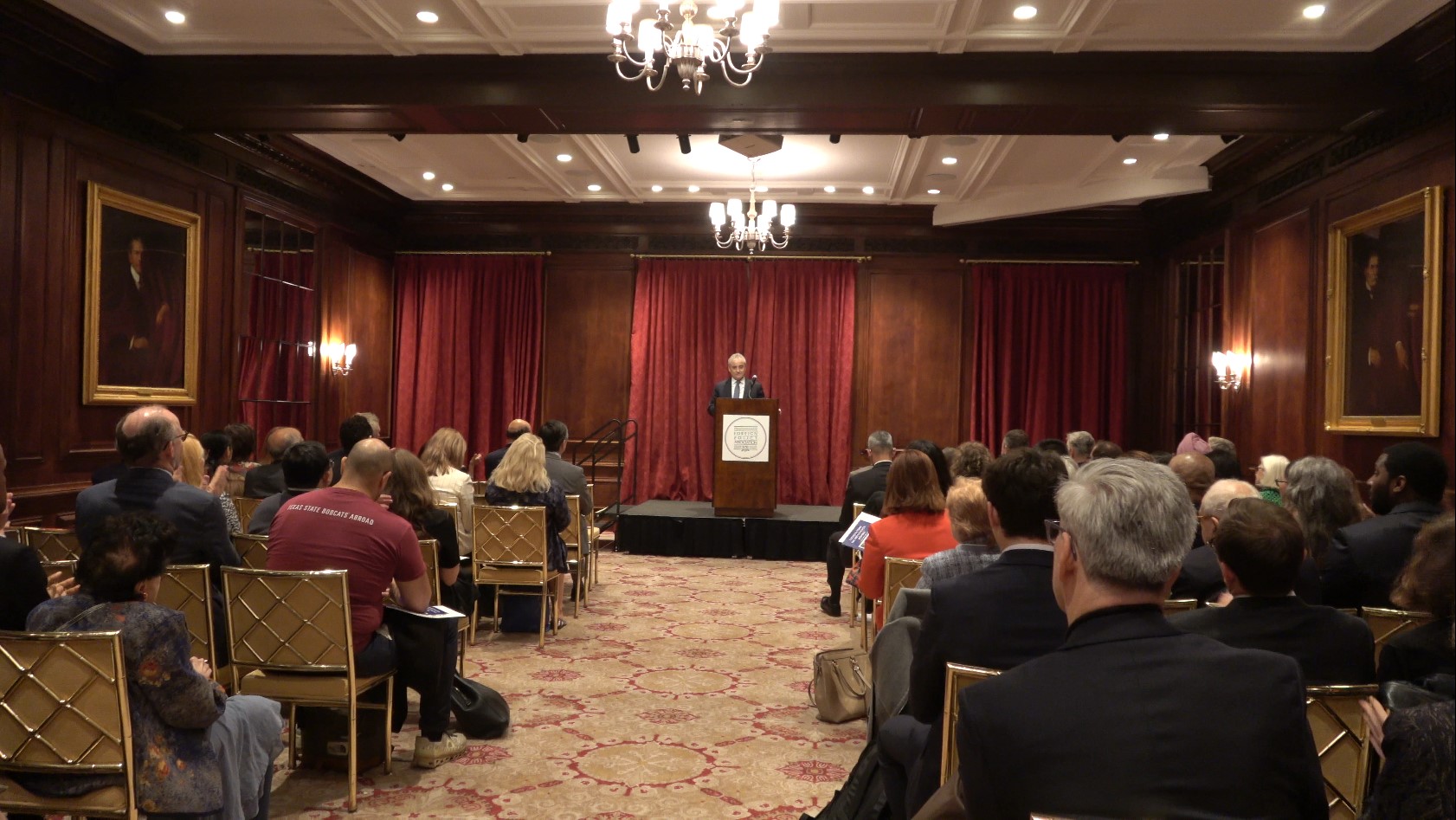
III. Key Words for Future UN Reform
Massari proposed three key points for UN reform:
- Representativeness
The Security Council must reflect the "world of today" rather than the "structure of 1945." - Transparency
The use of veto power must be explained and subject to public opinion and international moral oversight. - Rebuilding Trust
If the public and member states lose faith in the UN's procedures and platforms, multilateralism will be a shell without substance.
These proposals address both current global challenges and align with the UN’s 80th-anniversary vision for reform, pointing to a more open, inclusive, and trusting international order.
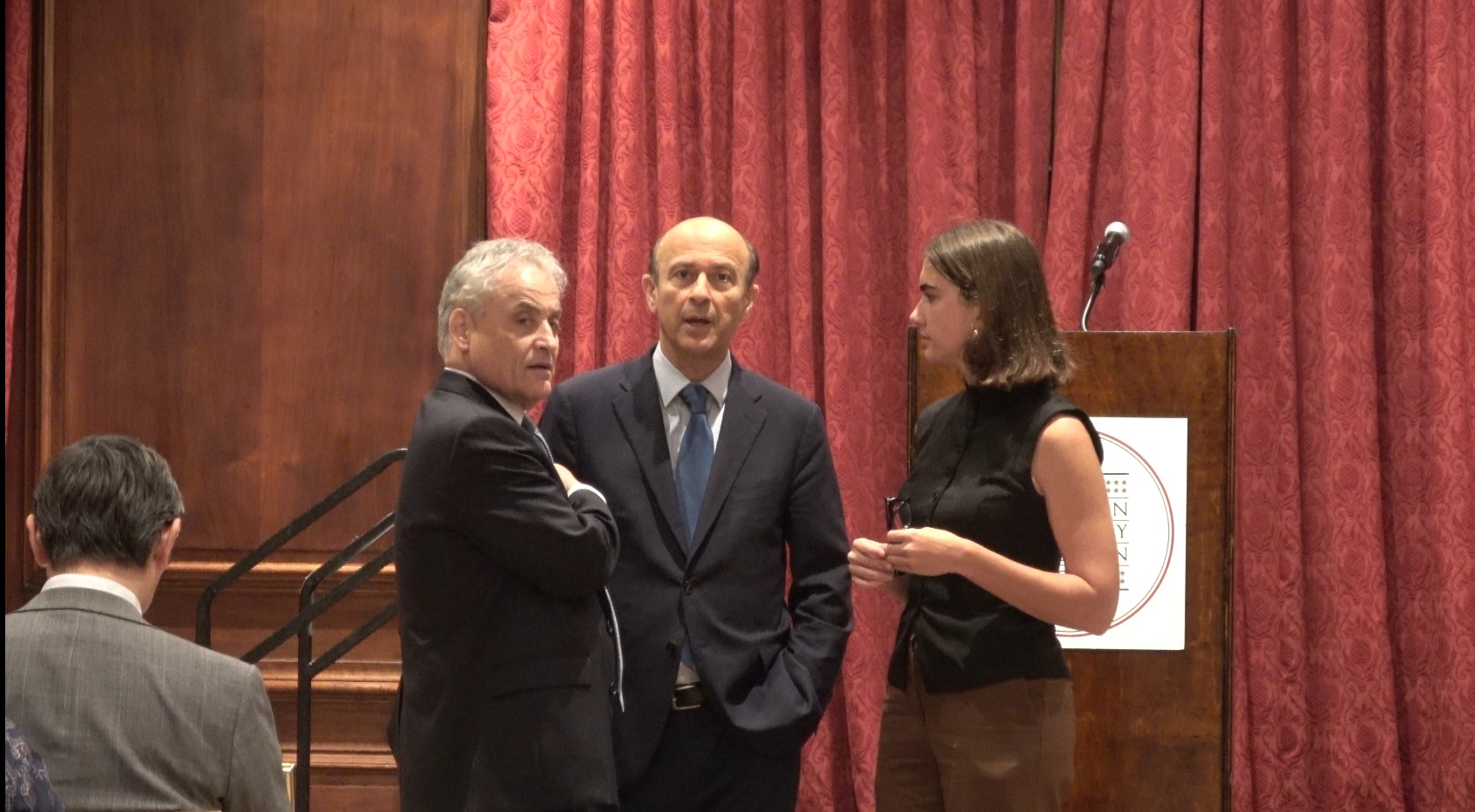
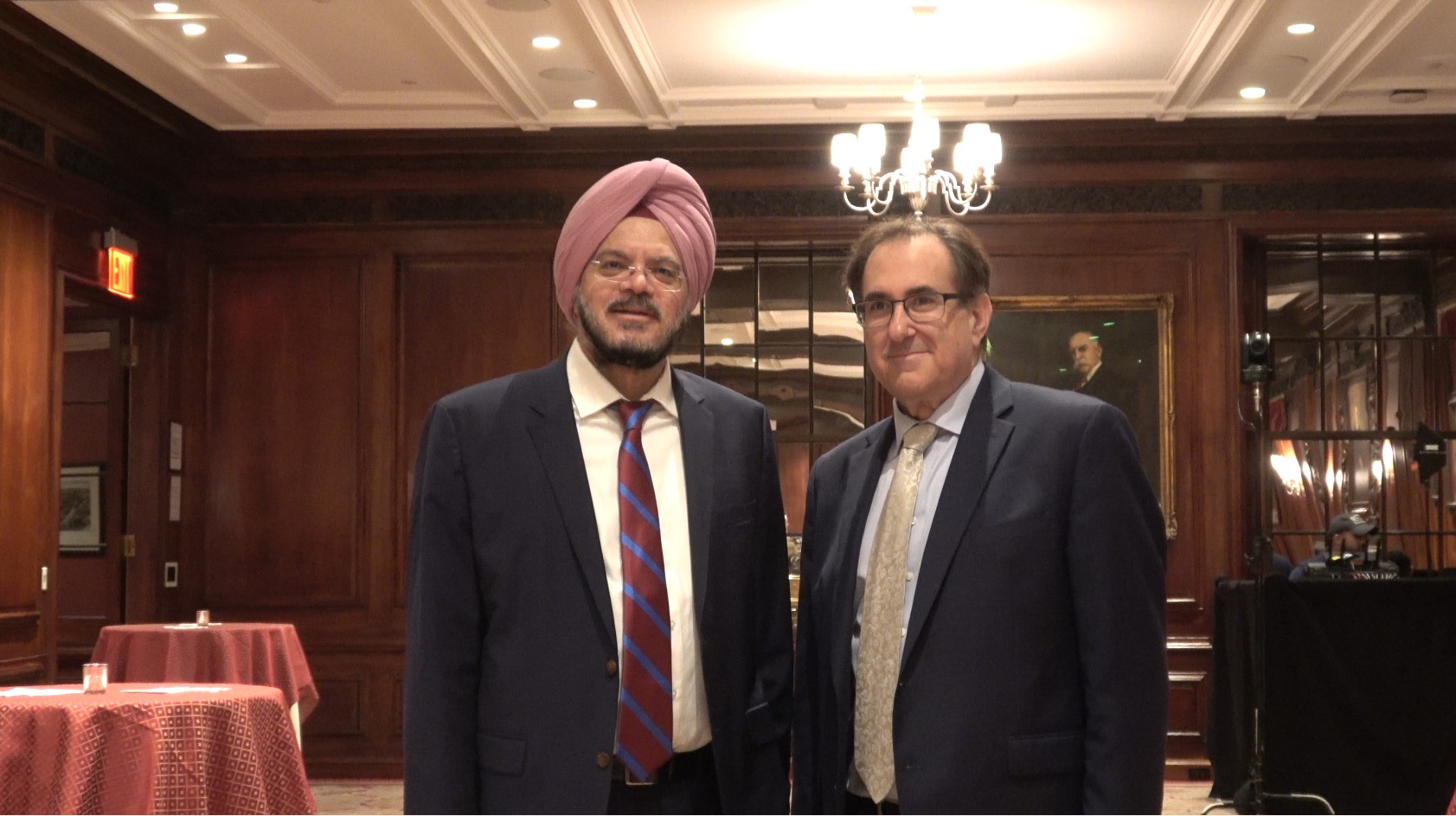
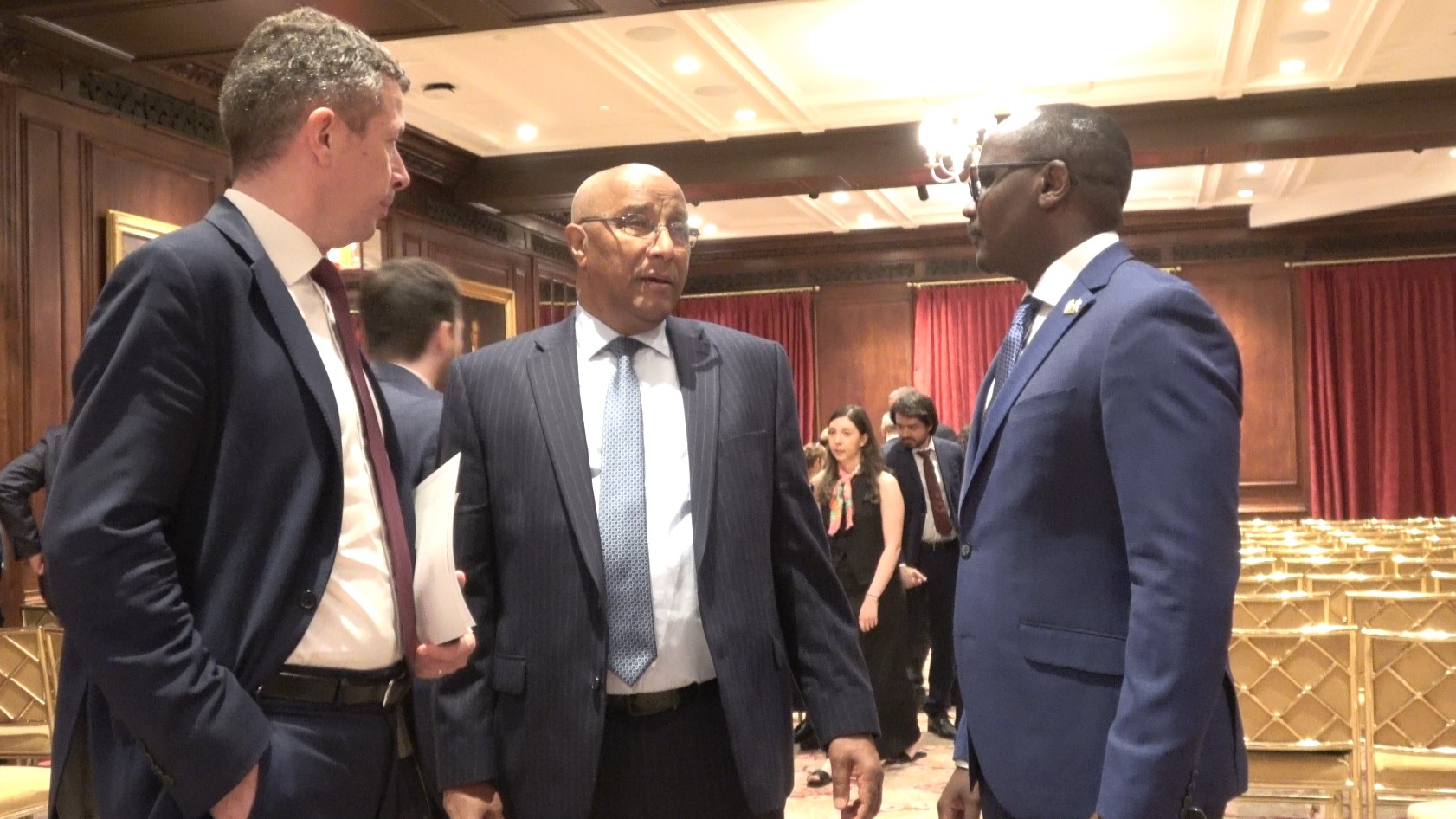
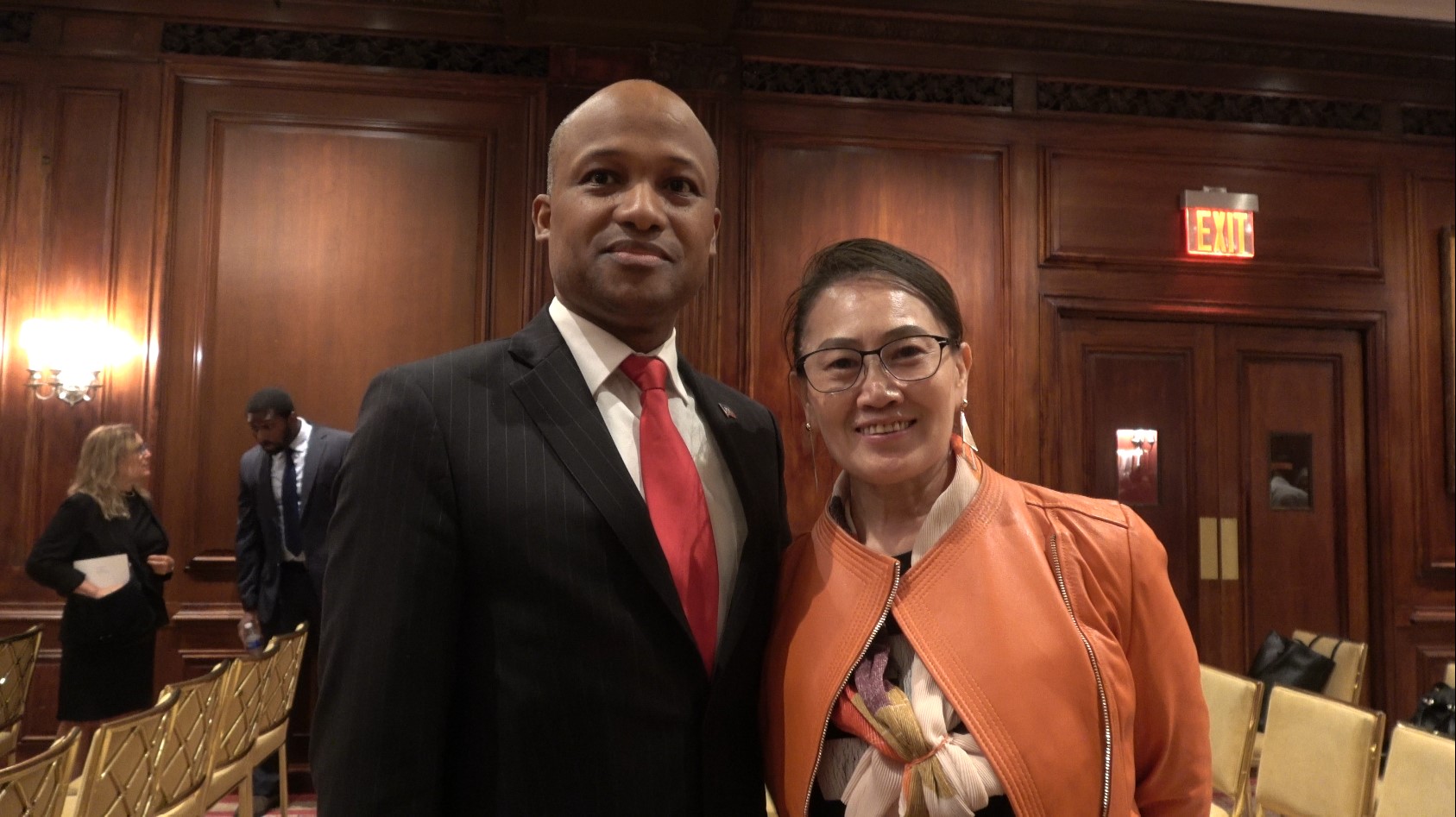
IV. Lessons for China from Italy’s Experience
Although Massari's speech used Italy as an example, its insights are also of great value to China:
- Make good use of “Friends Groups” mechanisms to influence agenda-setting in areas like climate, development, and AI governance;
- Promote UN reform that balances representativeness with efficiency to avoid polarization and new forms of hegemony;
- Enhance public communication to rebuild global trust in multilateralism.
As a permanent member of the Security Council and a global development advocate, China is well positioned to pursue “reform with stability in multilateralism,” and can form complementary partnerships with middle and small powers, including Italy.
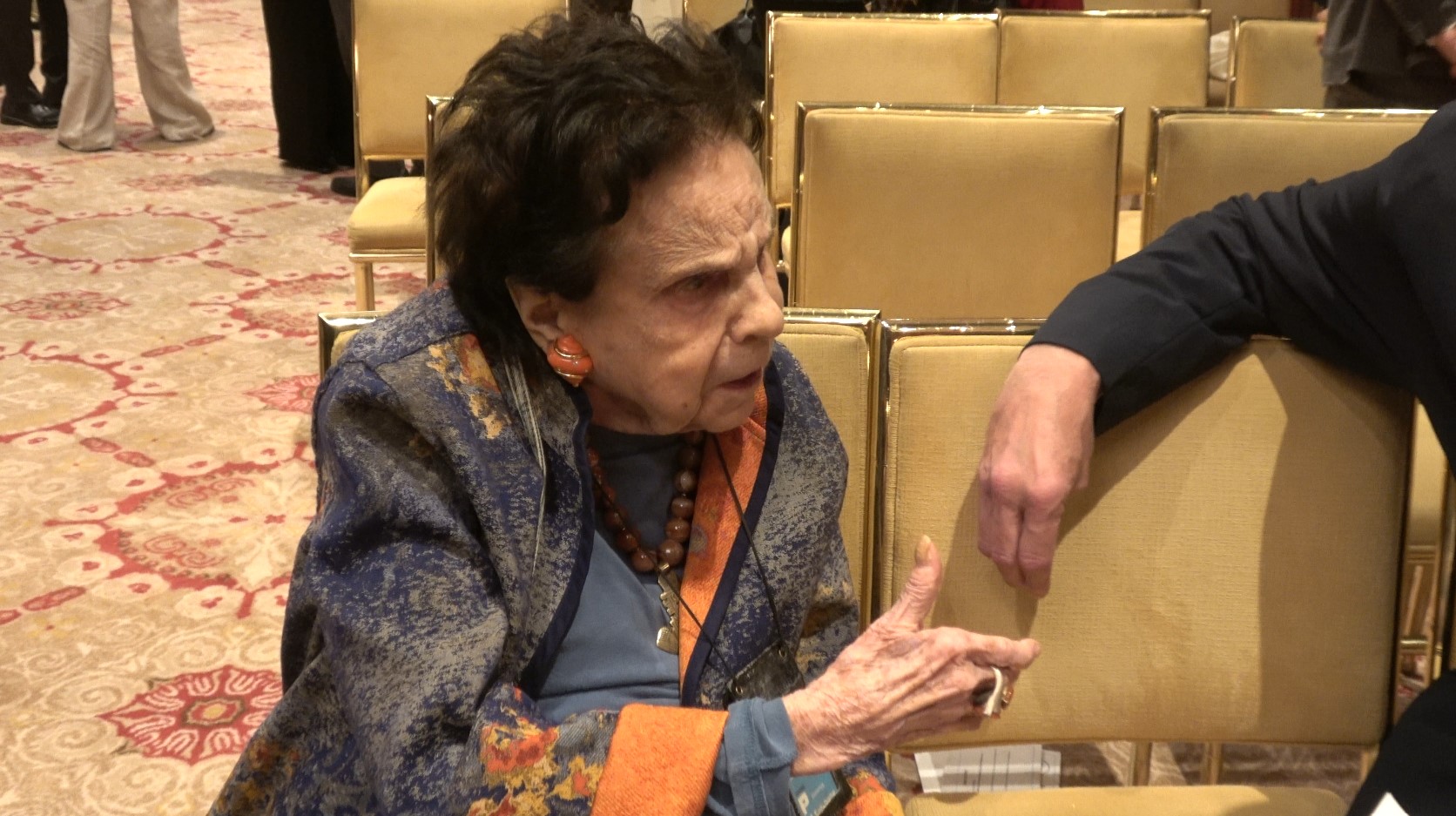
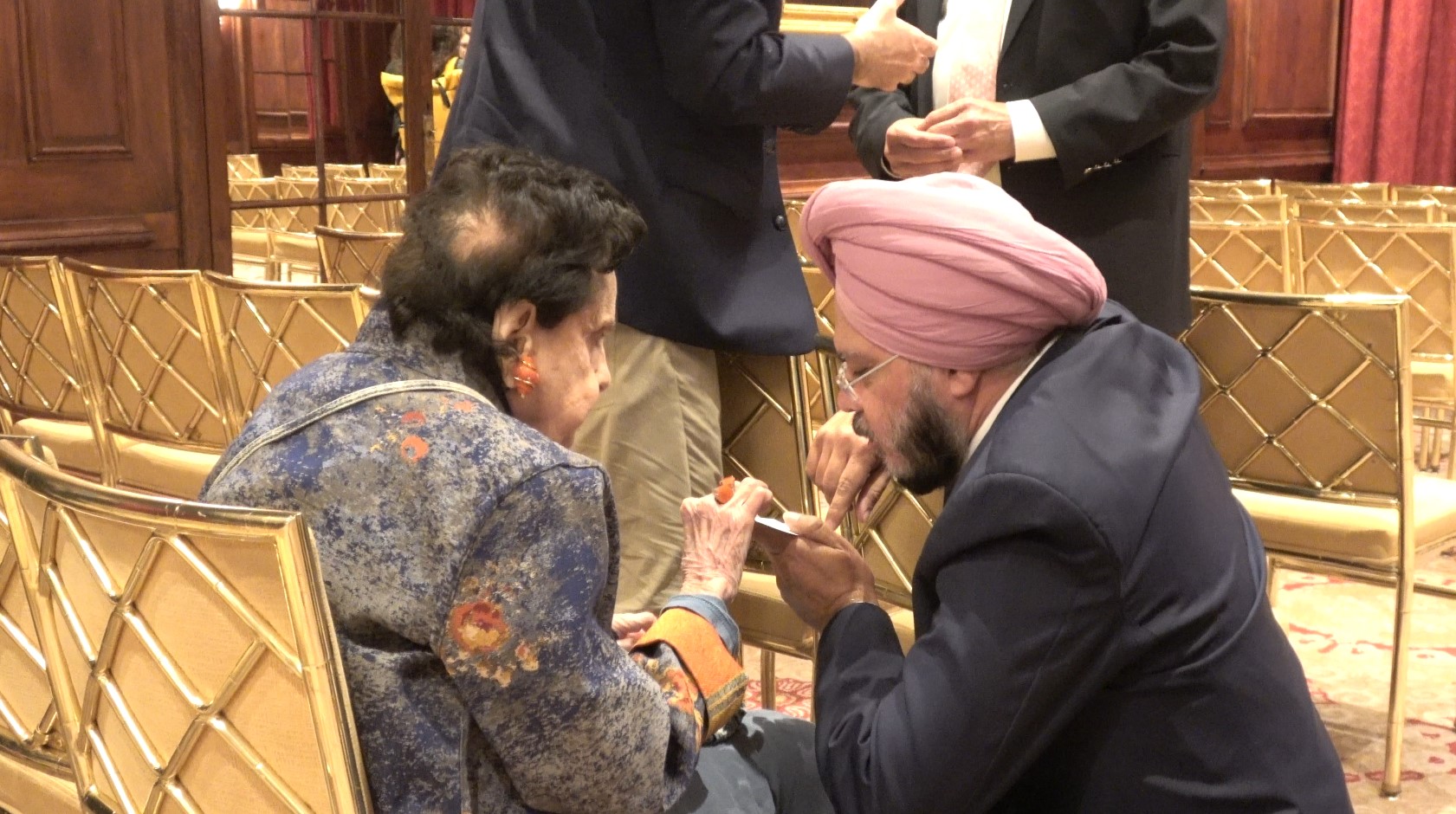
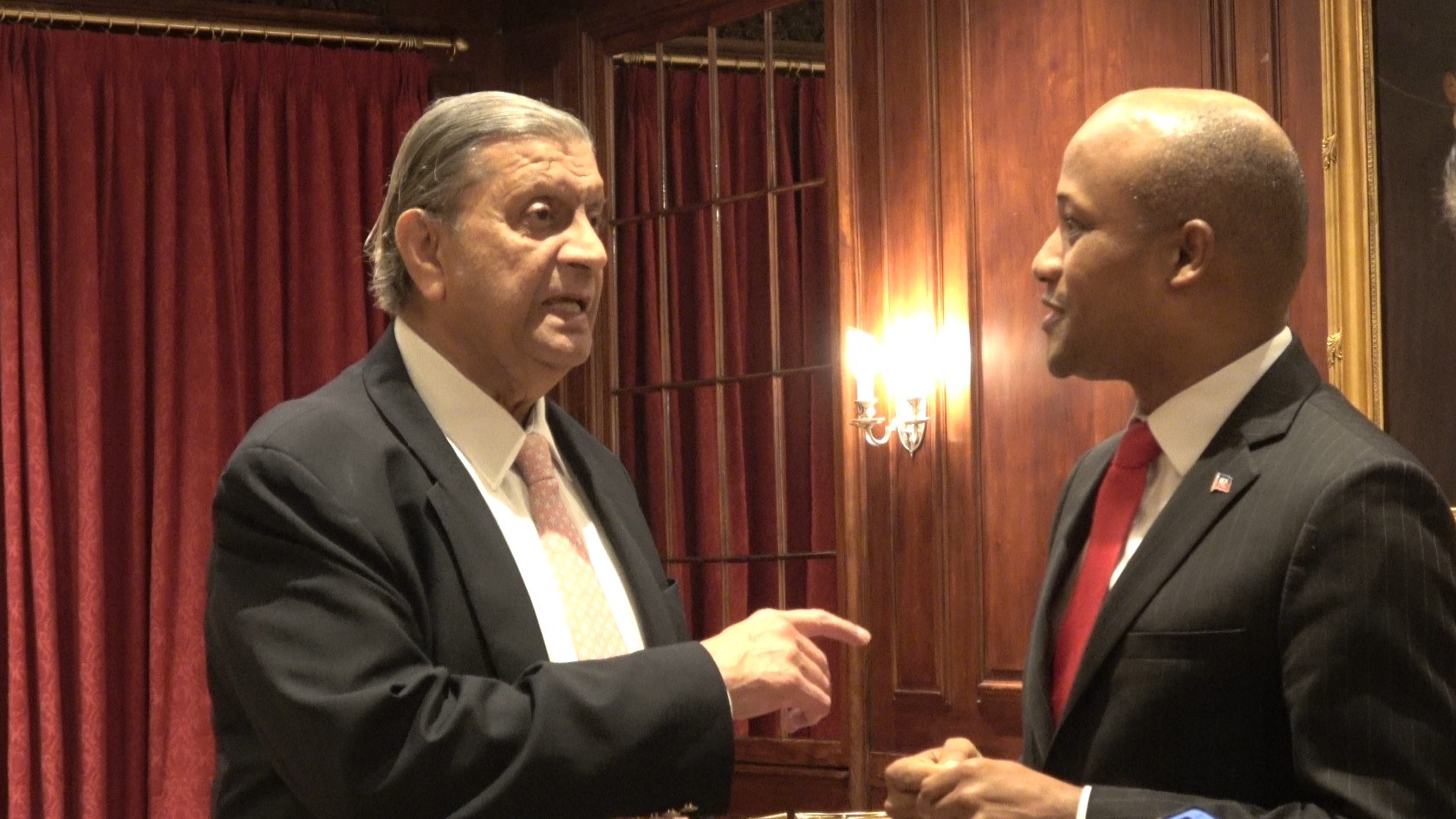
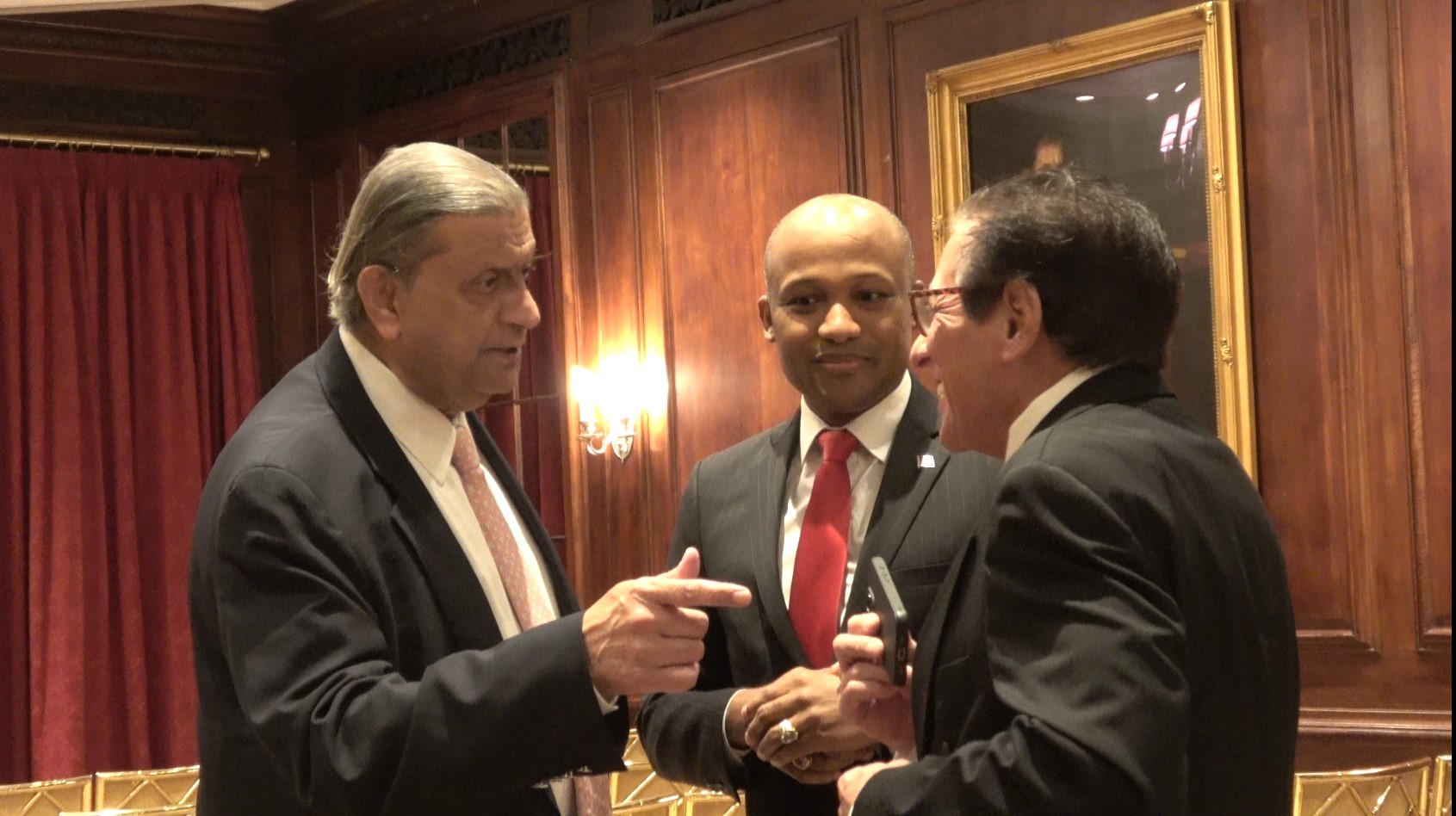
In short, persistence in coordination amid global complexity is the key.
In today’s fragmented and polarized global environment, the UN and multilateralism face numerous doubts. Yet as Massari emphasized: without trust, multilateralism loses its meaning.
Rebuilding trust requires institutional optimization, firm principles, and practical commitment. This is the ambassador’s profound message to the world: the UN remains the cornerstone of international coordination, and multilateralism is still the best path toward a shared human destiny.
